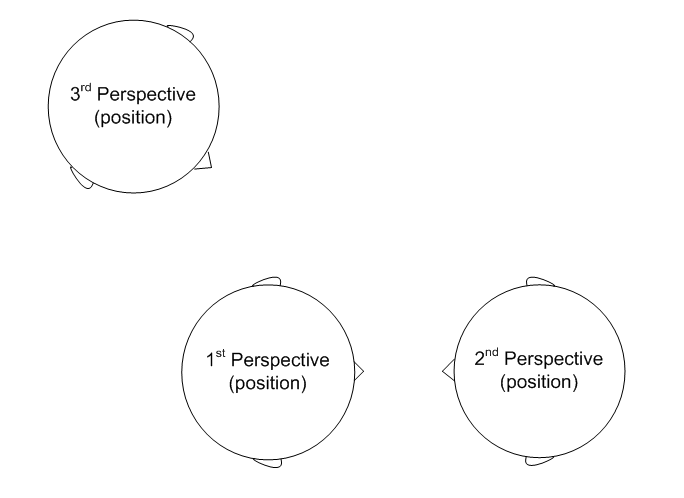… to Assure Success
Engineering Teams are dynamic systems instead of static systems. People on your teams will never react exactly the same way two times in a row. That is why you are charged with herding these cats and getting them to work toward a single direction.
In 15 + years of managing various types of projects and as many, coaching Technical Project managers, I have noticed that Engineers and Tech people such as ourselves tend to expect systems to statically repeat the same process over time. That is why managing human processes can be so frustrating — people don’t work that way.
The secret to success is to realize that as a leader, you must take a meta-perspective and exhibit a greater range of flexible behavior than those exhibited by your team members. The part of the system that has the most meta-flexibility, that is the ability to adjust and constrain whatever happens, will always determine the quality of the results you get.
To level-up your flexibility, consider each encounter from not only your position, but also by stepping into the perspective of the other stakeholders and team members. Imagine what it must be like to be in their shoes, with their experience, and their values. If you can make this a consistent habit of your perception you will automatically begin to generate an Emotional Intelligence that will set you apart from other managers and project leaders.
To really become great, you have to cultivate a desire to learn these kinds of skills, and you have to practice them until they become natural habits of your thinking. Learn to switch back and forth between being wholly in your own perspective and wholly in each other team member’s perspective. Step into their perspective and ask yourself, “What do I know from here, that I didn’t know from my own perspective?” Then listen carefully to your intuitive mind. You will be surprised how different other people’s perspectives really are.
Finally, after checking out each person’s perspective including your own, step outside of the whole team circle as if you were a fly on the wall and imagine the interactions you’ve just been through as if you were seeing yourself and your team from a third party position. This overview is called taking a meta-perspective, and it provides a way to watch the interaction and the dynamics between team member’s communications. From here you can easily see and hear those little differences of communication that cause mistaken ideas, hard feelings, and avoidable confusion.
Mistakes are always avoidable if you learn to watch and listen carefully. Teams work together better when failures are treated as opportunities to learn and refine the team process. If you will become an expert in flexible facilitation and in understanding every process from the three different perspectives — yours, theirs, and objective overview, your projects will come in closer to budget and schedule and the quality of your team deliverables will become impressive.
We get together weekly to practice these sorts of skills exercises. If you recognize you are interested in getting good and mastering this skill set or in learning more people skill tips that will help you work better with people and become the sort of person they naturally like to follow, then we can help. Contact us at 512-507-5464 to get a catalog of our courses, workshops, trainings, mentoring and coaching.



